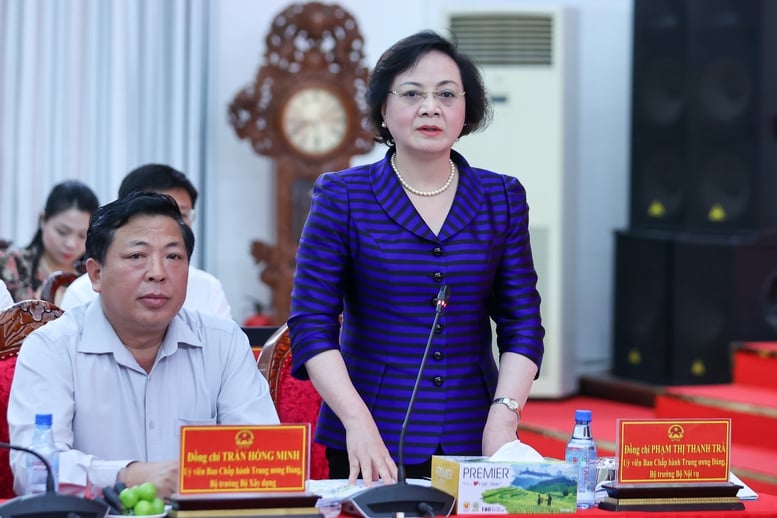
Minister of Home Affairs Pham Thi Thanh Tra speaks at the Conference - Photo: VGP
On the morning of July 13, in Can Tho City, Politburo member and Prime Minister Pham Minh Chinh chaired a conference on the implementation of the two-level local government model; progress of key transport projects; and the project for sustainable development of 1 million hectares of specialized rice in the Mekong Delta.
Regarding the implementation of the two-level local government model, Minister of Home Affairs Pham Thi Thanh Tra said that over the past time, localities have urgently implemented it in accordance with the direction of the Politburo, the Government and the Prime Minister . The implementation since July 1 has been methodical, serious, on schedule, and achieved the set goals.
The Minister acknowledged that provinces and cities in the Mekong Delta region have quickly stabilized their administrative apparatus after the reorganization, especially at the provincial and communal levels. The process of organizing and assigning staff has been carried out flexibly and carefully, ensuring no interruption in serving the people and businesses.
Minister Pham Thi Thanh Tra also highly appreciated the proactiveness of localities in resolving policies and regimes for officials who have resigned or quit their jobs according to regulations; at the same time, actively receiving and implementing decentralization and delegation of authority from the Central Government. Many localities such as Ho Chi Minh City and Can Tho City have had creative ways of handling administrative procedures, bringing about positive results.
"It can be affirmed that the initial results were quite successful and smooth, without major problems arising in the operation of the two-level local government apparatus," the Minister emphasized.
All of these demonstrate the sense of responsibility, exemplary behavior, determination and great efforts from the local leadership team to ensure that the two-level local government operates effectively and better serves the people and businesses in the recent short time.
Apply KPI to evaluate staff, immediately replace those who do not meet requirements
Besides the initial positive results, Minister Pham Thi Thanh Tra also pointed out a number of difficulties and shortcomings that need to be further focused on to overcome in order to ensure the two-level local government model operates truly effectively.
First of all, the issue of organizing the provincial and commune-level apparatus is still confusing in some places, especially in preparing staff to meet task requirements.
The Minister cited examples of some provinces and cities proactively arranging deputy-level officials of departments and branches to the grassroots level to become Chairmen and Secretaries of commune-level Party Committees, thereby both improving the quality of the grassroots team and restructuring the provincial organization. However, in some places, the mobilization and appointment of officials is sometimes not proactive, leading to a high number of deputy-level officials in departments and branches.
Minister Pham Thi Thanh Tra said that the Ministry of Home Affairs is currently developing a set of performance assessment tools (KPI) to deploy nationwide. The Minister suggested that localities proactively review and use KPI to detect early and promptly replace officials who do not meet requirements.
“If the requirements are not met, adjustments and replacements must be made immediately to ensure the quality of the staff, especially at the commune level - where the workload is very large,” said Minister Pham Thi Thanh Tra.
According to statistics, the commune level alone is currently handling more than 500 administrative procedures and many tasks are decentralized from the district and provincial levels. Therefore, it is necessary to review and rearrange the staff to suit the workload and practical requirements.
Boldly decentralize, overcome infrastructure bottlenecks
The second issue raised by the Minister is the organization and implementation of decentralization and delegation of power between the Central and local levels, as well as within each province. Some localities still lack initiative in receiving assigned tasks and powers. The Minister emphasized the need to adhere to the motto "locality decides, locality acts, locality takes responsibility", and boldly propose central decentralization if conditions are met.
Third, there are shortcomings in the operation of public administrative service centers, stemming from limitations in technical infrastructure. The lack of synchronization between localities, between the provincial and communal levels makes it difficult for many places to deploy electronic systems, leading to network congestion, slow processing, and even having to return to manual operations.
“This is the biggest bottleneck at present,” the Minister frankly acknowledged and said he would recommend the Prime Minister to conduct a comprehensive review of the technical infrastructure system from the central to communal levels, to build a synchronous, effective, and smoothly connected axis.
Another problem is that the post-merger commune-level cadres still lack clarity on their functions, tasks and job positions, causing confusion in performing public duties. Although the Ministry of Home Affairs has issued a "Commune-level Government Handbook" integrating relevant legal documents, according to the Minister, it is still necessary to continue organizing in-depth training so that cadres understand and perform public duties in accordance with regulations.
In addition, the Chairmen of People's Committees at all levels need to promptly issue regulations on the functions, tasks and powers of specialized agencies. The Ministry of Home Affairs is also coordinating with many ministries and branches to complete guiding circulars, creating a solid legal basis for the new organizational apparatus.
For communal-level public service units such as health and education, the Minister requested ministries and branches to review relevant regulations to ensure consistency with the Law on Organization of Local Government - one of the original laws of the administrative system. In particular, it is necessary to resolutely assign the responsibility for recruiting, using and managing civil servants to the communal level if it has been decentralized according to the law.
"As a communal-level public service unit, the communal level is responsible for reviewing, arranging, recruiting, appointing, and managing according to regulations," said the Minister.
For non-professional staff or those who retire at will, Minister Pham Thi Thanh Tra requested localities to strictly implement the regulations in Decrees 178, 167 and 154. At the same time, appropriate policies are needed to retain and promote competent staff to meet the requirements in the new context.
Minister Pham Thi Thanh Tra also said that the Ministry of Home Affairs is focusing on completing the system of decrees and circulars guiding the organization of the apparatus, job positions and civil servant structure to create favorable conditions for localities in arranging personnel and allocating payroll.
“Currently, we have not specified the payroll and job positions to facilitate localities in operating the new model. After that, based on functions, tasks, population size and job positions, the Ministry will assign payroll from 2026,” the Minister informed.
Thu Giang
Source: https://baochinhphu.vn/bo-truong-noi-vu-luu-y-viec-bo-tri-nhan-su-sap-xep-can-bo-cong-chuc-cap-xa-102250713113830108.htm


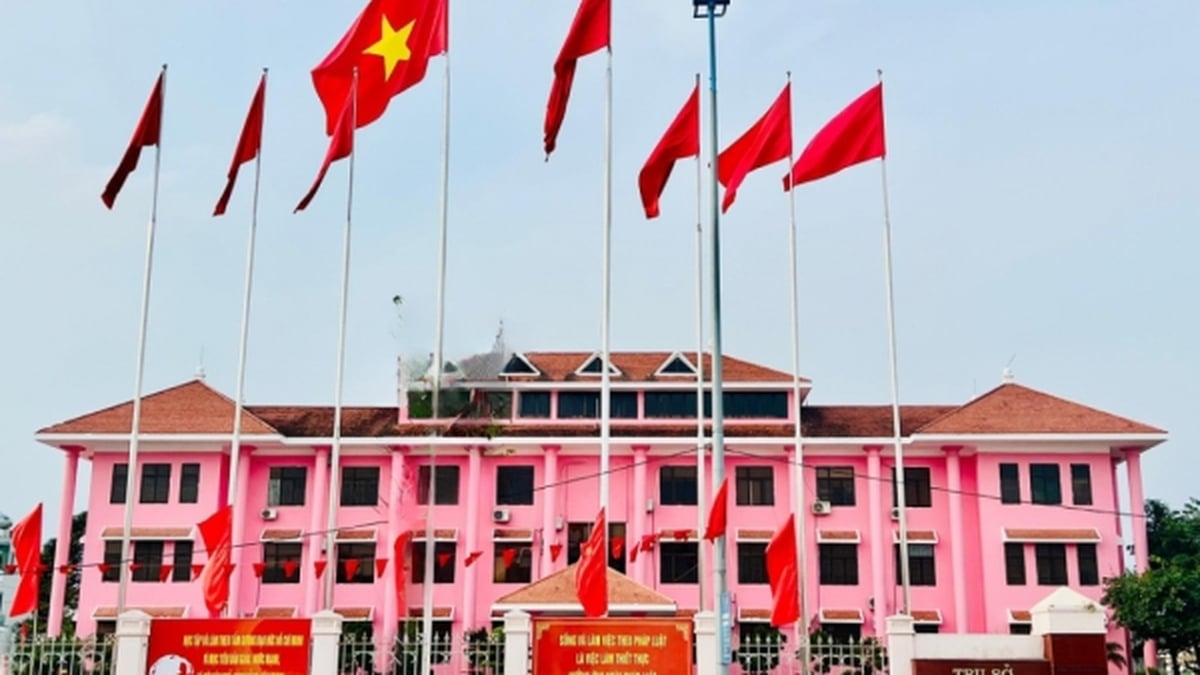
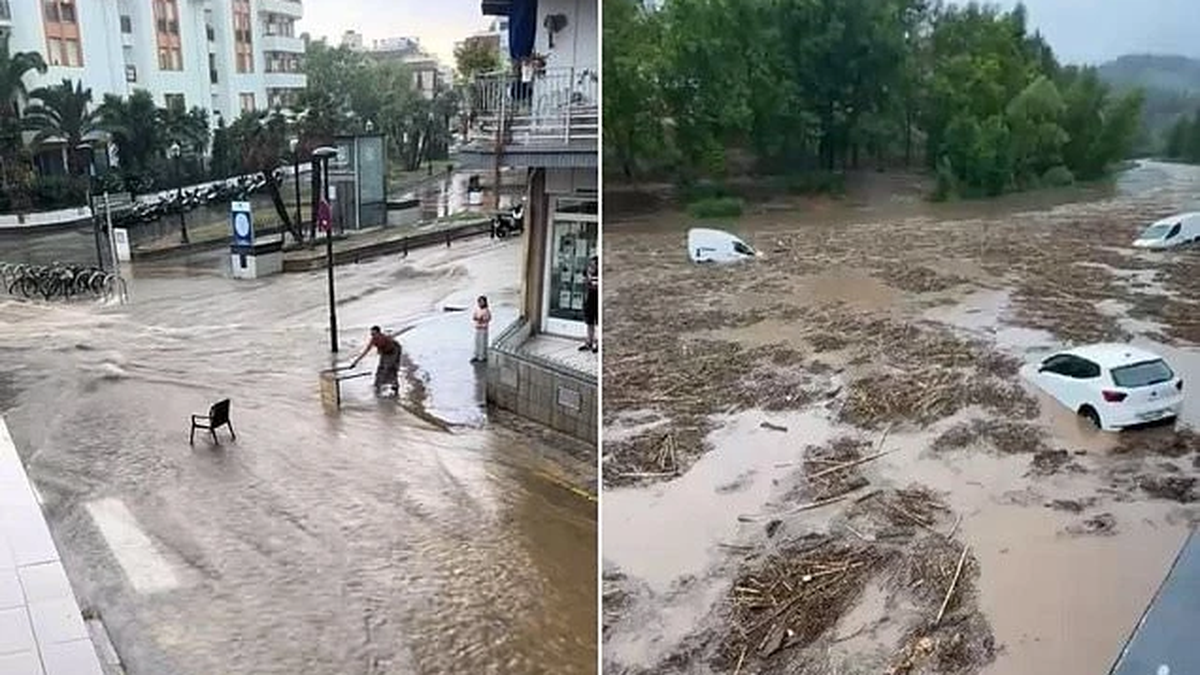

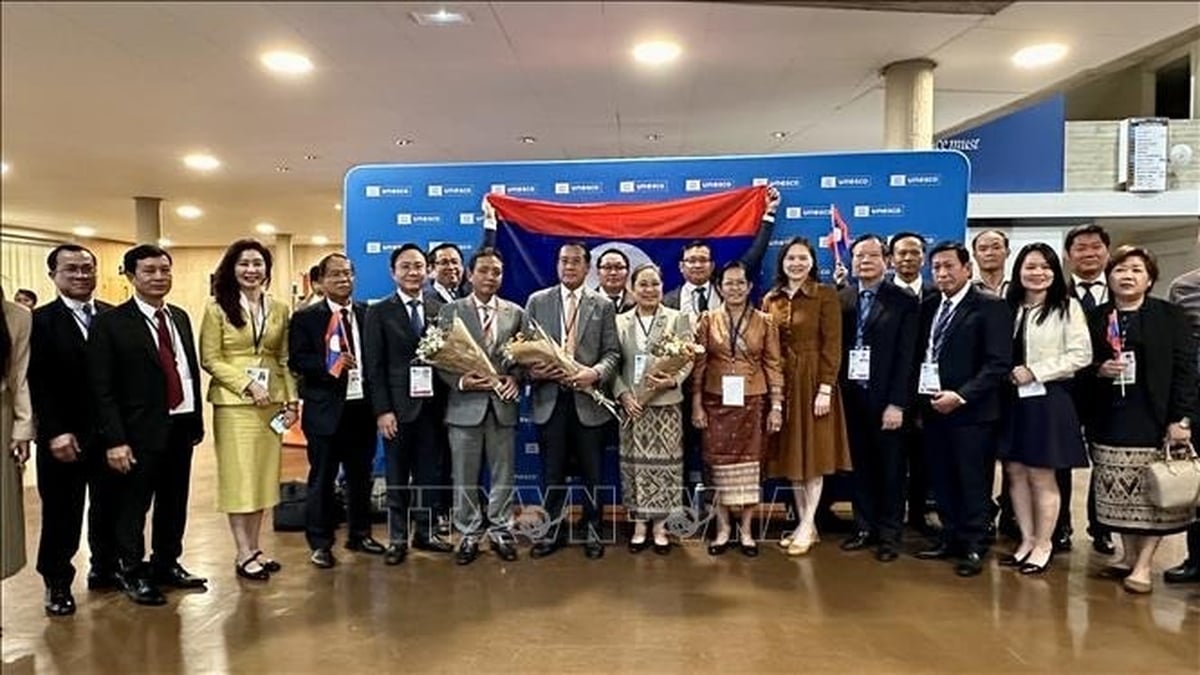




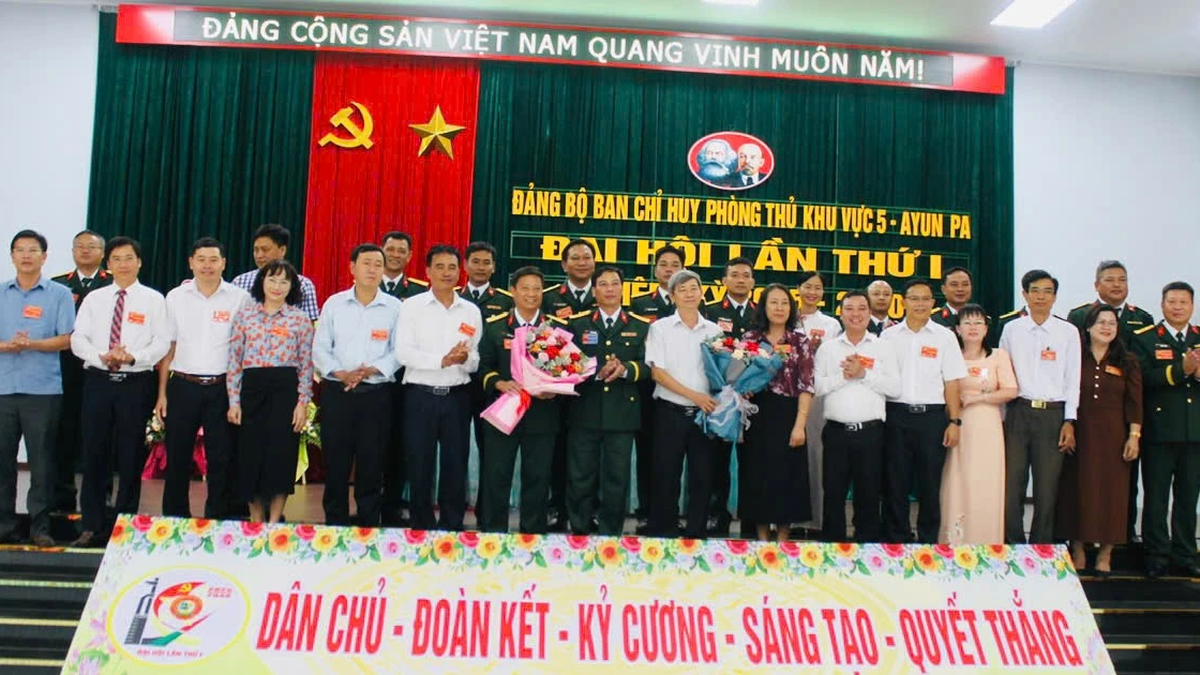























































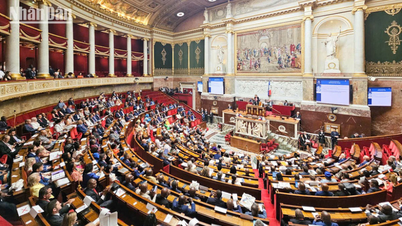



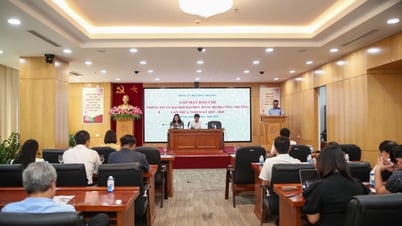


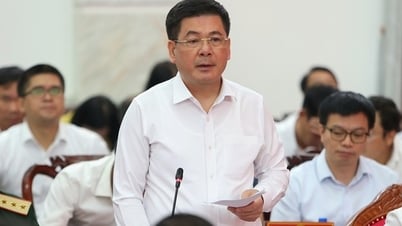

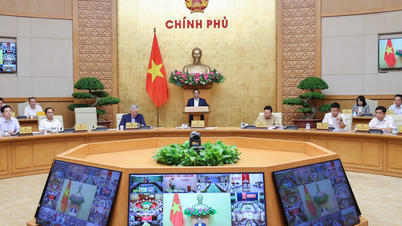

























Comment (0)